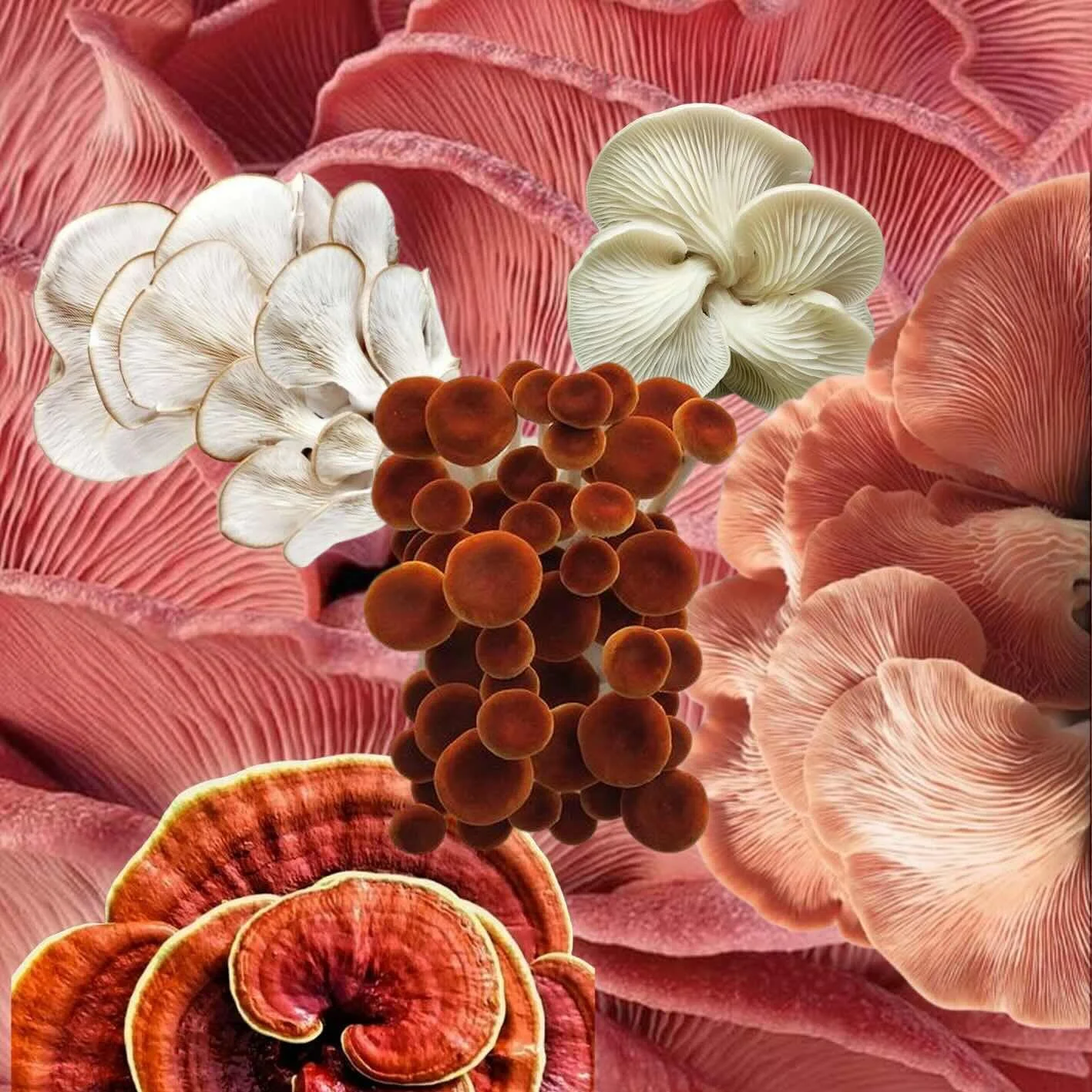We are vitamin C fans, not just for how it brightens the skin but also for how it supports your immune system and now boost your mood. Editor Trudi Brewer shares new research that confirms Vitamin C is the happy supplement. Read on to learn more.
Besides immunity, vitamin C is known for boosting skin clarity and being a significant mood booster. "Many people have heard how vitamin C can help protect us during cold and flu season. But vitamin C can also protect against poor mental health," says Uma Naidoo, MD, a Harvard-trained psychiatrist and professional chef. It's a connection she touches on in her new book, This Is Your Brain On Food. Here, doctor Naidoo explains the relationship between vitamin C and mood, including ensuring you're getting enough of this super vitamin to support your mental health and general wellbeing.
How vitamin C and mood are connected
The reason vitamin C is a mood booster is that it's essential for producing neurotransmitters in the brain called dopamine. Dopamine is the "happy" brain chemical linked to making us feel energised; it also plays a vital role in the brain's pleasure and reward systems. Dr Naidoo explains that not getting enough vitamin C can cause dopamine levels to drop, with scientific studies to back that up, such as vitamin C helps convert dopamine into another neurotransmitter called norepinephrine. When norepinephrine levels are low, it can feel depressed or anxious. "These neurotransmitters govern things like mood and cognition as well as protecting the brain from inflammation," says Dr Naidoo. She believes that this is important because many mental health conditions are connected to underlying inflammation, so more psychiatrists are starting to prescribe anti-inflammatory foods to their patients. "One of the keys to managing mental health is by focusing on the gut," says Naidoo. "The mind-gut connection is strong, so it's important to protect the gut from inflammation, and vitamin C can help with that." Dr Naidoo says that vitamin C is connected to mood because it affects our energy levels. "When the body is inflamed, which puts stress on the body; it requires energy to protect and fight inflammation," she explains. "So when inflammation is reduced, you can expect your energy to improve as well."
How to get enough vitamin C to benefit your mental health
Dr Naidoo says if you're consistently feeling depressed or anxious, it's essential to talk to both a doctor and or a therapist, who can help see what factors outside of health may be influencing mood. For example, being deficient in vitamin C and D can affect your mood; the good news is that it's relatively easy to reify. The key is knowing what foods are the best sources. Dr Naidoo says you want to get between 65 milligrams and 90 milligrams of vitamin C a day. "There are so many foods that can help you reach this. Oranges alone have 82 milligrams of vitamin C; that's an entire day's worth. One capsicum has 342 milligrams, a serving of brussels sprouts has 85 milligrams, and a serving of broccoli has 89 milligrams." While vitamin C isn't the only factor that affects mood, it certainly can lead to a dip in mood and energy if you're not getting enough vitamin C. That means it's something to make sure you're getting enough of each day and not just when you feel a cold or flu coming on.
This Is Your Brain On Food, by Doctor Uma Naidoo’s, $49. Clinicians Hi-Dose Vit C Sachets, $30.
Our favourite skin-glowing immune and mood-boosting juice
3 oranges, the skin’s removed
3 carrots washed, the skin’s on
1 pineapple, skin removed
1 knob turmeric peeled
1 small knob ginger peeled
4 teaspoon Manuka honey
Add the ingredients to a blend and serve straight away or store in airtight glass jars in the fridge for up to four days.














For the gal who has everything.